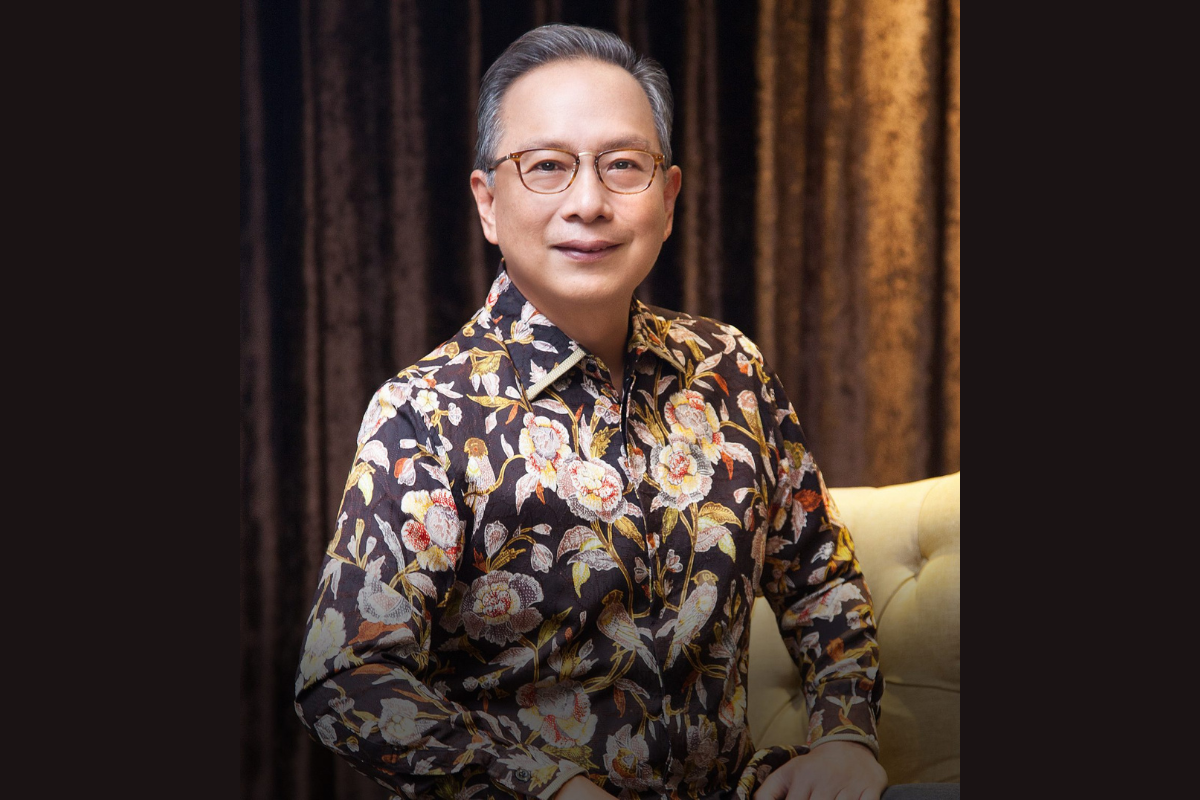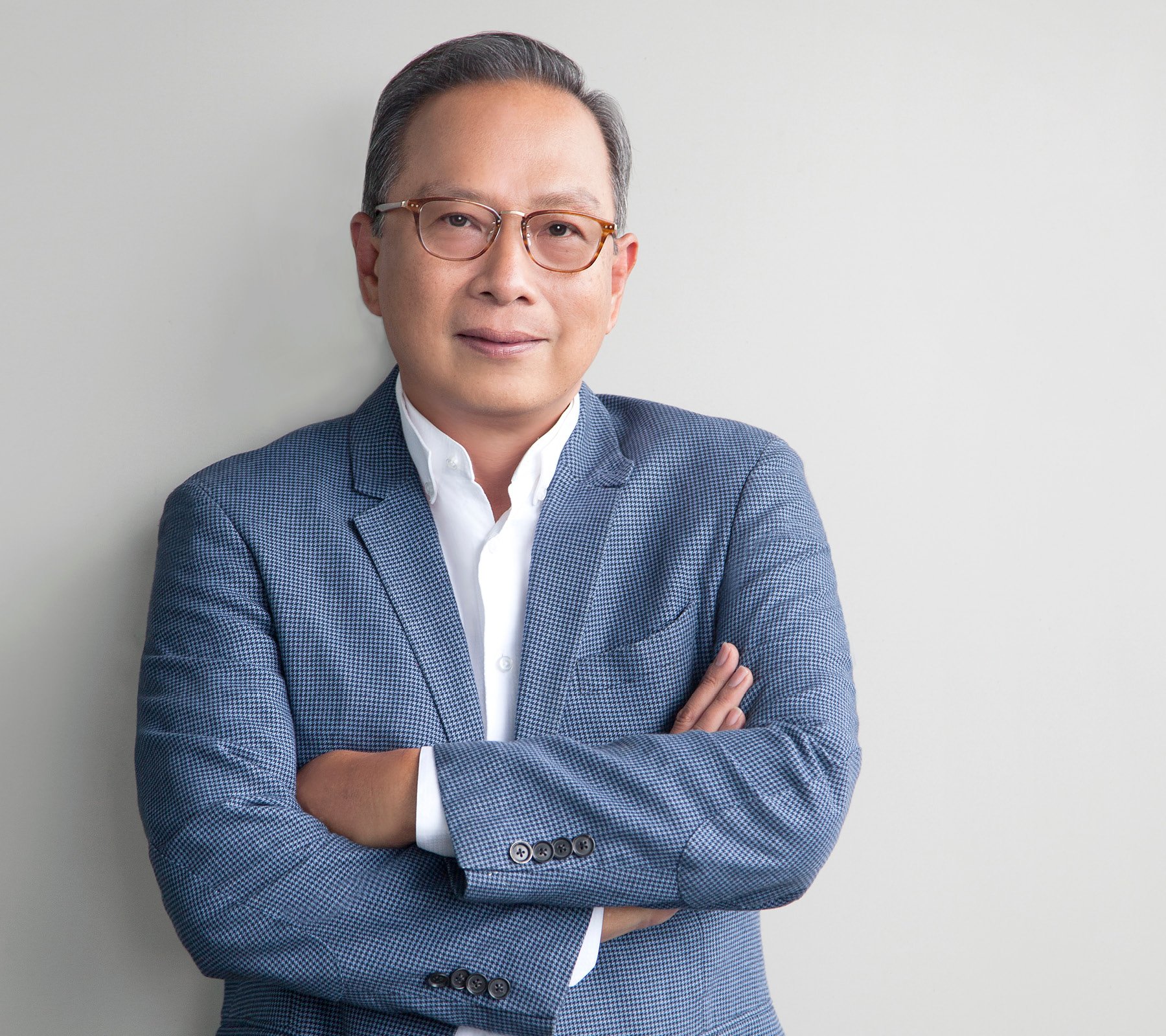The Road to Success: Suryo Suwignjo
The CEO of Titan Infra Energy, Suryo Suwignjo, has big plans to more than double its volume within the next two years, and he says that staying agile will help the business achieve this.
Over the course of almost three decades, Suryo Suwignjo built up an impressive vault of experience working with some of the world’s biggest tech brands, such as IBM and Philips. His experience of working with a local brand was, however, more limited. Keen to round out his experience, he decided to explore a national opportunity.

"After working with an American company for 24 years and a European company for more than four years, I thought to myself that maybe it was time for me to move to a national company and see what the difference was between running a multinational and a local operation," he tells The CEO Magazine.
Suryo took up the CEO role with Titan Infra Energy (Titan) in 2019, and instantly noticed the change in pace. "Running a local company has a lot more freedom in the sense that when we try to do a corporate action, we are not bound by difficult approval processes or interactions with head office," he shares.
The shift from multinational to local wasn’t the only driver when Suryo decided to take up this fresh opportunity. Having built up all his professional experience working for IT and electronics companies, taking the helm at an infrastructure business related to coal was completely new to him – a challenge he welcomed with open arms.
The backbone of the company’s operations is 113 kilometres of toll road in the southern Sumatra region, which is dedicated to transporting coal. "This is the heart of our operations. It is not a concession road – it’s a road that belongs to us," Suryo explains. "It is quite amazing to own and operate a road that long."

The number I saw from 2018 was 4.5 million tonnes annually," he reveals. "Last year, we did 11 million – so it’s a big jump. In 2022 we are trying to do 15 million, and in 2023 we are targeting 20 million. In 2024, we plan to jump to 30 million.
In addition, Titan has a port located at one end of the road. "At the moment our port has a capacity of 20 million tonnes per year in terms of transporting coal out to sea," he says.
The infrastructure business is demonstrating a steep growth curve in the short time since Suryo came onboard. "The number I saw from 2018 was 4.5 million tonnes annually," he reveals. "Last year, we did 11 million – so it’s a big jump. In 2022 we are trying to do 15 million, and in 2023 we are targeting 20 million. In 2024, we plan to jump to 30 million."
Suryo is confident that, if not for the COVID-19 pandemic, the numbers would have been even more impressive. "We slowed down substantially during the pandemic," he admits. "That’s the reason also we had to postpone our corporate actions initiative, because it would have been ill-advised to undertake that during that period."
Anticipation and agility
With so many different factors impacting the business, agility has become engrained in Titan’s DNA, according to Suryo. "There are things we can control, some where we have some influence and some that we cannot control at all, so agility is a must in terms of running an operation like ours," he says.
For starters, Titan’s road runs through three different regencies and more than 50 villages in southern Sumatra. "You can imagine the social issues we might encounter during our operations – there are many things that can happen and that we need to be prepared for," he says. "And even though we try to anticipate all the possible scenarios, there are a lot of things that still can surprise us."
Not only does the company run the route and the port, but it also runs the trucks, the mining contractor and the coal mine itself. "It’s a complete supply chain from the start – digging the mine, trucking the coal, using the road, using the port," Suryo continues. "We are also operating barges, ships. So if something in this supply chain has a problem, the whole chain may stop. That’s the reason agility is extremely important."
Add to the mix Indonesia’s notoriety for changing regulations and the case for an agile approach is further strengthened, Suryo adds. Then there’s the unpredictability of the coal industry from a pricing standpoint, which he compares to a "yo-yo".
"Prices can drop significantly and then they climb back up again, going very high," he says. "It’s yet another exposure because you never know what’s going to happen tomorrow, and it’s very difficult to plan using the same parameters for the long-term."
Planning, after all, is key, and forms the basis of every move Titan makes. "Everybody needs to have a plan and those plans need to be linked to one another," Suryo stresses. "The plan needs to be solid, but it needs to be flexible enough to accommodate unexpected disruption.
"There are many plans that are actually built too rigid, so when one parameter is off, then the whole plan collapses. We cannot have that kind of plan."
Handling disruptions
Ensuring the company’s people are suitably trained and that responsibilities are effectively delegated is also crucial to keeping things running smoothly. "It means that when there is a disruption, they can deal with it immediately. They don’t have to report to head office, then wait for a meeting, or wait for direction that will take days, and suddenly the whole thing has blown up already."
For Suryo, it’s simple to see if such measures are hitting the mark by how smoothly the business continues to run, despite any disruptions. "There may be some impacts here and there," he concedes. "Let’s say there is a five per cent or a two per cent drop – that is acceptable."
Even though we try to anticipate all the possible scenarios, there are a lot of things that still can surprise us.
Titan’s agility has been further enhanced by modern technology and the responsiveness that it enables, according to Suryo. While the business has more traditional systems in place, he particularly highlights social messaging platform WhatsApp as a vital tool.
"The usage of WhatsApp in Indonesia has become very common," he says. "This helps a lot in terms of communication, because running a supply chain like this with possible disruptions in every single line, we need to have very frequent and intense communication.
"We need to have an immediate handle on the disruption, an immediate resolution to that disruption. However quickly we can react, however quickly we can solve the issue, determines the agility we have. Our operations are 24 hours a day, seven days a week, 365 days a year – it never stops, so that presents quite a challenge."
Looking ahead
Looking into the future, increasing volume – Titan’s "top line" – is Suryo’s number-one concern. But next on the list is enhancing the efficiency of Titan’s operations. "Many companies forget that when they are increasing their volume by 40 per cent, they are also increasing their costs sometimes by even more than 40 per cent," he explains. "So I need to watch my costs as well, to ensure the cost is actually maintained at the level we want it to be."
The next 12-to-18 months will also see Titan "go back to the drawing board" with regard to its corporate action plan, which was put on ice as a result of the pandemic. "Now it’s time to backtrack and to execute what we have been working on," he says.
The company’s distinct advantage is its "unique" set-up in a region where it is essentially the sole player. "We are enjoying the privilege of the road we have," he reflects. "It really is the jewel in our crown."
Proudly supported by: